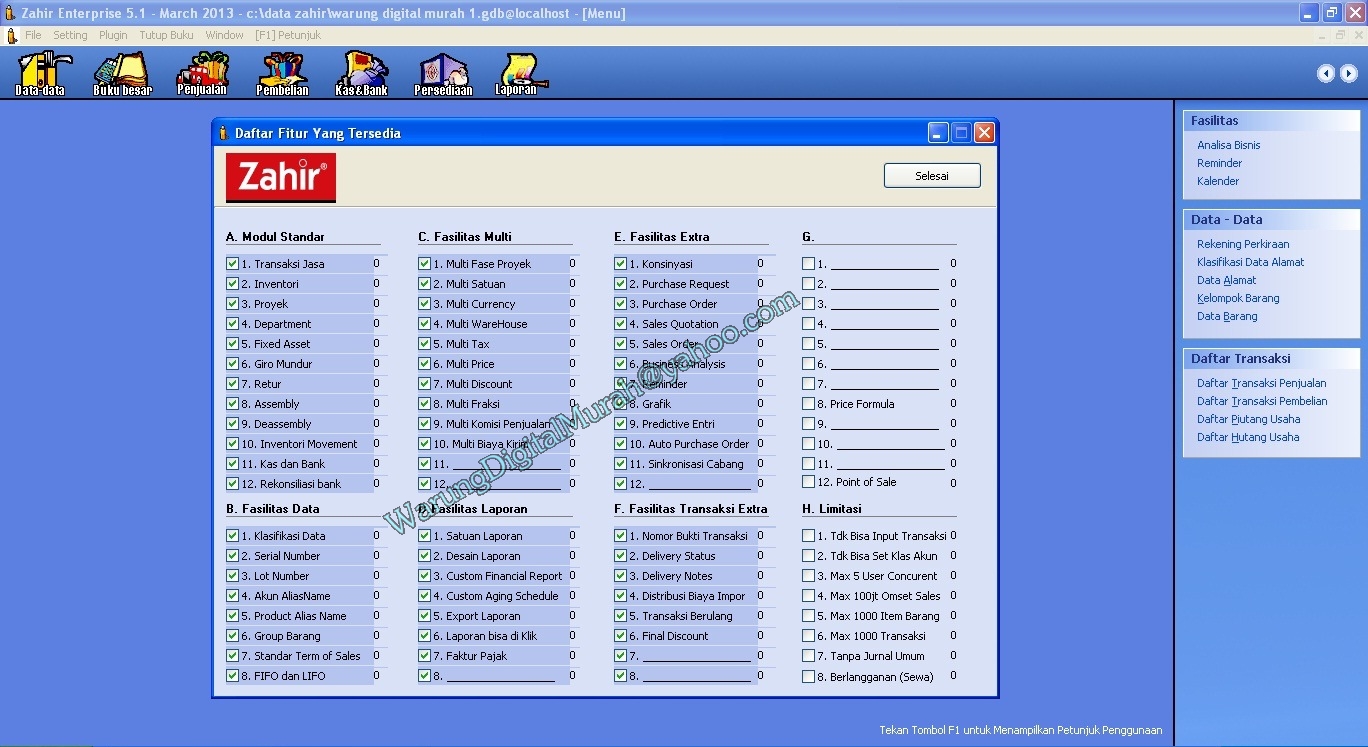

The World Health Organization (WHO) has driven this age-friendly agenda through its Global Network for Age-friendly Cities and Communities (GNAFCC). Since the mid-2000s, the need to create age-friendly cities and communities, meaning places where older people are actively involved, valued, and supported, has emerged as a major concern for urban policy. These lessons may be applied internationally to strengthen the quality of evaluation research to more effectively guide social work practice. Lessons learned include how to successfully collaborate with service providers, strategies to enhance the rigour, relevance and utility of evaluations, and to carefully consider the ethical issues of conducting research with this highly vulnerable population. This chapter describes lessons learned from five evaluations of care and support programmes for HIV-affected children and families in South Africa - home to the world's largest HIV epidemic.


Addressing these challenges can improve the validity of evaluations to provide better direction for the programme under study as well as promote best practices generally. The challenges of evaluating community-based programmes for HIV-affected families limit the evidence base for effective social work programming. Community-based care and support programmes for orphaned and vulnerable children and their families are a critical component of HIV prevention and treatment efforts worldwide.


 0 kommentar(er)
0 kommentar(er)
